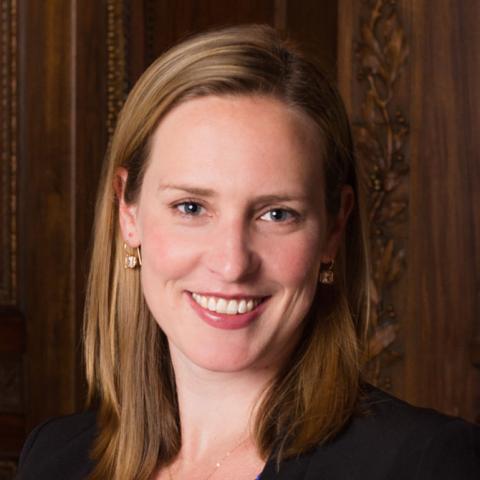This is a companion piece to a To the Point series on the solvency of the Medicare Hospital Insurance Trust Fund. The series is available here.
The Medicare Hospital Insurance (HI) Trust Fund, which pays for Medicare beneficiaries’ hospital bills and other services, is projected to become insolvent in 2031 — less than three years away. While the HI trust fund has long faced a likely shortfall, this is only the second time in its existence that insolvency has been predicted within five years. Without changes to expected spending or trust fund revenue, the trust fund will not have sufficient funds to cover the entire cost of beneficiaries’ health care. The HI trust fund is primarily funded through payroll taxes paid by employers and employees, with some additional income from interest as well as premiums paid by voluntary enrollees not automatically entitled to Medicare Part A. Will the trust fund solvency be adequately extended by reducing the projected growth in expenditures, raising revenues, changes to the services covered by Medicare Part A, or a combination of these options?
To stimulate policy discussions, the Commonwealth Fund asked a group of Medicare thought leaders with a variety of backgrounds and political affiliations to outline how they would extend the life of the trust fund. This series presents their perspectives, highlighting areas of commonality while also putting forth some new ideas for addressing this pressing issue.
More than half of the thought leaders recommended increasing revenues for the trust fund. These revenue recommendations included new taxes as well as reallocating existing tax streams to the HI trust fund. Another common suggestion was to convert the existing Medicare program into a premium support system. While there was some variety in the specific design elements suggested for premium support, these proposals generally seek to increase competition among plans, providing a defined amount toward premium costs, with beneficiaries responsible for the difference between the total projected cost of care under the option selected and the government contribution.
Several experts recommended changes to how the Medicare program pays Medicare Advantage (MA) plans. These recommendations included setting the level of payments based on plan competition (i.e., competitive bidding), changing how payments to plans are adjusted for beneficiaries’ health status (i.e., risk adjustment), and reforming the system that provides bonuses to highly rated plans (i.e., star quality ratings). Savings generated from changes to MA plan payments would partially accrue to the trust fund since MA is funded through both the Medicare Part A and Part B trust funds.
Changes to how Medicare pays for postacute care and prescription drugs were also frequently suggested. The experts referenced proposals recently introduced in Congress to allow Medicare to negotiate Part D prescription drug prices directly with manufacturers, institute inflation caps on prescription drug price increases, and modify Part B drug reimbursement. These measures would not directly affect Part A spending, but the authors recommended that these savings be redirected to the HI trust fund. Other topics included changes to coverage provided by Medigap plans, reforms to funding sources for graduate medical education, and paying providers the same regardless of the site of care.
In addition to these areas of overlap, some thought leaders recommended relatively novel ideas, such as funding navigators to manage the care of high-need patients in traditional Medicare and reducing spending through measures that improve health equity. These ideas would be unlikely to generate sufficient savings to extend the trust fund’s solvency meaningfully but could improve the quality of care provided to Medicare beneficiaries.
Policymakers will likely need a multipronged approach and a combination of proposals to address the solvency of the trust fund. With the backdrop of an economic recession and a pandemic that has strained the health care system, these suggestions can help ensure the financial health of the Medicare program, preserving it for the beneficiaries who will rely on it now and in the years to come.





